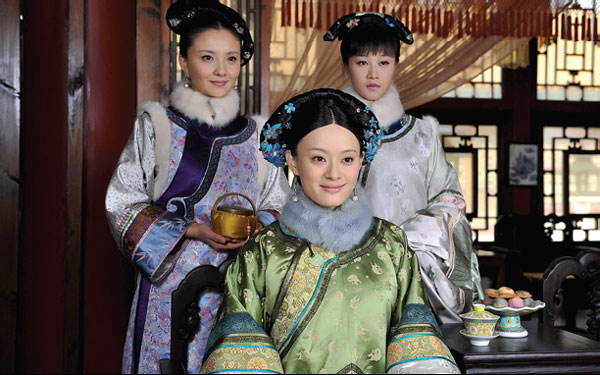Star bucks
Updated: 2014-11-27 06:48
By Han Bingbin(China Daily USA)
|
|||||||||
Trade analysts say a hot film and TV market means top stars get paid too much, so shows have less to spend on improving production quality, Han Bingbin reports.
Why are Chinese TV series poorly made? Many experts say it's because celebrities are paid too much, taking a large part of the budget that could have otherwise gone to other aspects of TV production, such as costume, lighting and setting.
Thanks primarily to a growing market, today many Chinese TV stars are earning 10 times as much as they did a mere decade ago. In around 2005, A-listers were making headlines for being paid as much as 100,000 yuan ($16,295) for a leading role in each episode. Today, producers complain about the difficulty in getting superstars to play as leads in their shows for half of million yuan each episode.
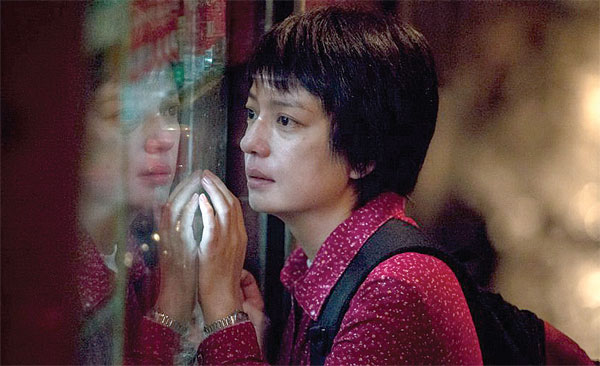
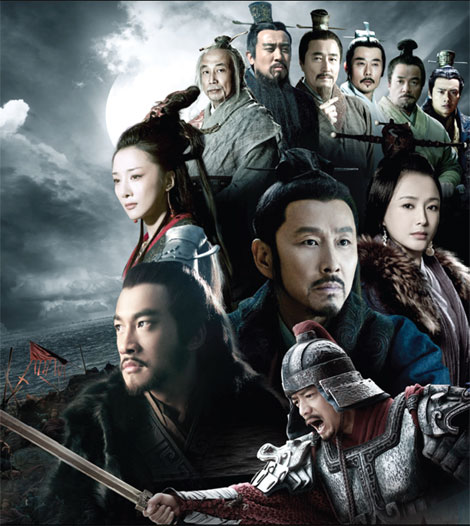
|
From top: A-list star Zhao Wei plays the lead in the movie Dearest. The Legend of Chu and Han, a historical serial, is the most-invested Chinese TV drama. Sun Li (center) is one of the most highly paid stars on TV. Photos Provided to China Daily |
Sun Li, who quickly rose to the top of the TV hierarchy last year for her well-received portrait of a scheming Qing Dynasty (1644-1911) empress in Empresses in the Palace, reportedly earns as much as 850,000 yuan each episode in a new show, produced by the same team, that cast her this time as a Han Dynasty (206 BC-AD 220) political figure. Sun was reportedly paid only 150,000 yuan per episode in Empresses two years ago.
Movie director and actress Zhao Wei is reported to have been paid a total of 35 million yuan for starring in a 30-episode modern drama as a new mother, a role that mirrors her own life.
While it seems a completely legal market game, says consultancy Ze Media's CEO and TV critic Du Zezhuang, the problem is that what Chinese actors are paid is unreasonably high, compared to their Western and South Korean counterparts, as a percentage of the total investment in a play.
"In recent years, usually 50 percent of the total investment of a TV play has gone to actor payments. Some even reach 60 percent and higher," he says.
In 2012, veteran director Gao Xixi told local media that star payment levels are "too scary". His historical drama The Legend of Chu and Han had to boost its budget from 170 million yuan to 240 million, which made it the most-invested Chinese TV drama by far, because the seven A-list stars he used had taken away over half of the costs.
"When you decide to spend too much on the stars out of a given budget, you can expect to get, for example, poorer quality of script, shorter shooting time and less attention to production details," Du says.
However, there is still a strong market pull for producers, no matter how reluctant they are, to use expensive stars.
First of all, a growing number of investors and hot money are eyeing the TV industry, and these amateur TV drama investors demand star appearances.
Meanwhile, Chinese TV stations, who often license a play ahead of its production, still find productions with the most familiar and credible faces are the safest choices to guarantee future audience ratings.
But there is only a small number of good and famous actors, while there are many more production companies. When popular actors are wanted by all those companies, says Du, they are motivated to raise their prices.
In this situation, the State Administration of Press, Publication, Radio, Film and Television is likely to officially cap actor payments starting in December, according to entertainment portal "Entertainment on call". Similar methods have been adopted in South Korea. In 2007, an association consisting of South Korea's largest production companies reportedly set a ceiling for actor salaries.
Earlier this year, the Chinese administration also officially required that, starting in January 2015, each TV production be licensed to two TV channels at most. Previously a Chinese show often ran at the same time on as many as five or six channels. Shrinking profits are expected to encourage producers to cut their payments to actors.
However, that will only cause actor payments to be starkly polarized, says Du. As the best ones are still their major selling point, he says, producers would still have to pay them a large amount and maybe cut the payments to other actors involved.
Therefore, he adds, it's quite necessary to apply a forceful method like putting a ceiling on star payments.
In a forum held by Sina Entertainment earlier this month on Chinese TV industry development, producer Hou Hongliang says the payment problem should be completely left to the market.
"As long as an actor can bring about values that match his payments, his existence is reasonable," he says. "If he is not suitable, we could always find someone else to do it. But when we decide to use him, it means we believe he is more valuable than other people. The price then is irrelevant."
Du agrees that the market should solve the problem, but it must become rational.
"This has a lot to do with the country's overall economic environment," he says. "When the hot money comes so easily, how many investors will think twice before they spend it?
"My pessimistic view is that, if we completely rely on the market, the situation won't change for at least 10 years."
Contact the writer at hanbingbin@chinadaily.com.cn
(China Daily USA 11/27/2014 page7)

 The plight of pregnant women in rural China
The plight of pregnant women in rural China
 Rescue dogs show skills in NW China
Rescue dogs show skills in NW China
 Top 10 largest hotel chains in China
Top 10 largest hotel chains in China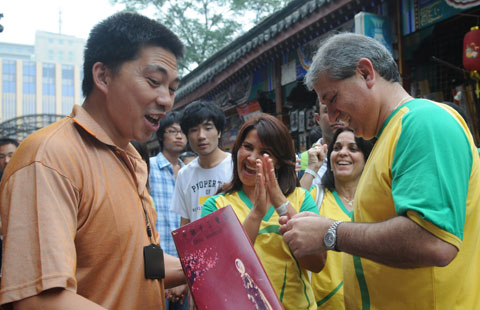
 10 'mosts' about foreigners in China
10 'mosts' about foreigners in China
 DreamWorks-themed ice sculpture festival kicks off in Macao
DreamWorks-themed ice sculpture festival kicks off in Macao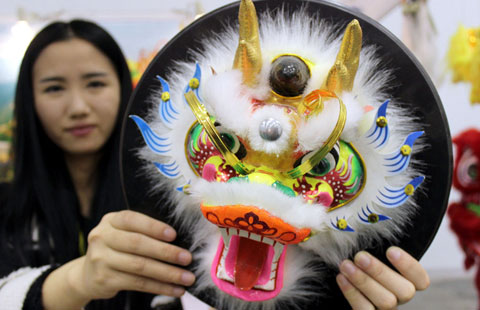
 Folk art shines at East China fair
Folk art shines at East China fair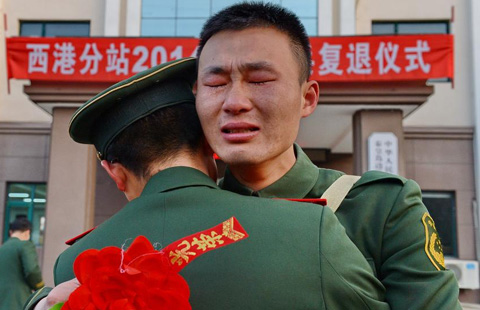
 Goodbye, my brothers!
Goodbye, my brothers!
 9 global hubs for renminbi trading
9 global hubs for renminbi trading
Most Viewed
Editor's Picks

|

|

|

|

|

|
Today's Top News
Microsoft reported to be facing $137 million bill for back taxes
Partnership with private firms fuels China's growth
BMO Global Asset Management Launches ETFs in Hong Kong
BlueFocus aims to acquire Canadian company
Anti-corruption move gains traction
Maryland's new first lady thankful
Amazon answers China's 'Double 11' with Black Friday
Tencent-HBO deal can feed big appetite for content in China
US Weekly

|

|
